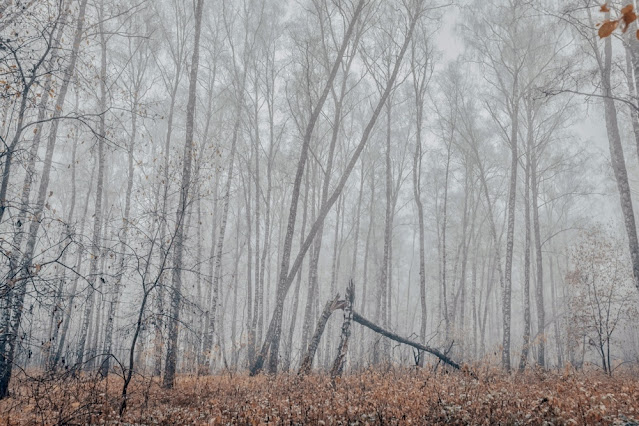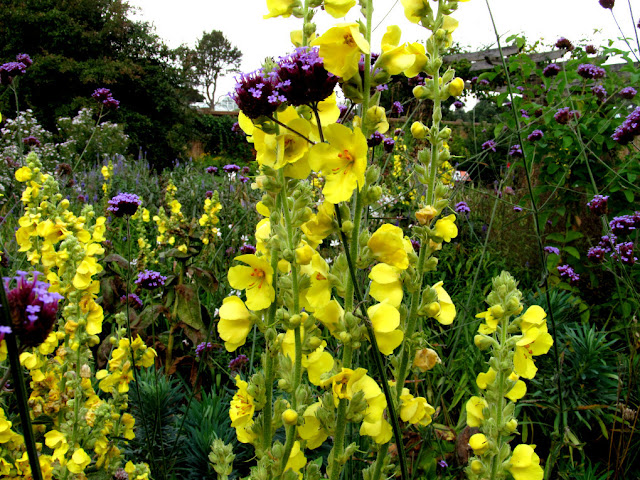November in northern latitudes, especially at the end of the month, is often a damp, cold month, with frequent fogs, gray skies overhead and black trees with bare branches.
Sometimes the low sun illuminates the snow-covered trees and they look mysterious, the sky turns blue. During the day, the weather can change dramatically.
In the city, where there is a lot of traffic and warmth, the snow melts quickly, the lawns with drooping dry grass. On the coast, the gray sky hangs low over the banks, the forest is in fog. At the end of November, there is snow and the water partially freezes.
In the cold months, I always want to read more books, your posts, search the Internet for poems by poets I have not read before.
I found this poem written by Thomas Hood (1799-1845) for my November post and decided to illustrate it. It seems that the weather in November is always the same: there was fog, snow was flying with the wind, sometimes it rained and sometimes sun shines.
No sun – no moon!
No morn – no noon –
No dawn – no dusk – no proper time of day.
No sky – no earthly view –
No distance looking blue –
No road – no street – no “t'other side this way” –
No end to any Row –
No indications where the Crescents go –
No top to any steeple –
No recognitions of familiar people –
No courtesies for showing ‘em –
No knowing ‘em!
No traveling at all – no locomotion –
No inkling of the way – no notion –
“No go” by land or ocean –
No mail – no post –
No news from any foreign coast –
No park, no ring – no afternoon gentility –
No company – no nobility –
No warmth, no cheerfulness, no healthful ease,
No comfortable feel in any member –
No shade, no shine, no butterflies, no bees,
No fruits, no flowers, no leaves, no birds,
November!
Thomas Hood was an English poet, author and humorist, best known for poems such as "The Bridge of Sighs" and "The Song of the Shirt". He later published a magazine largely consisting of his own works.
Born: May 23, 1799, London
Died: May 3, 1845 London
All the best to you!
My video:

















